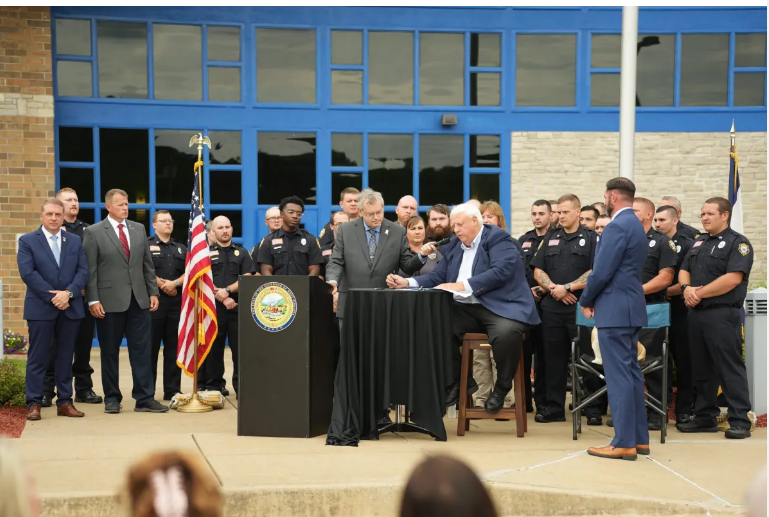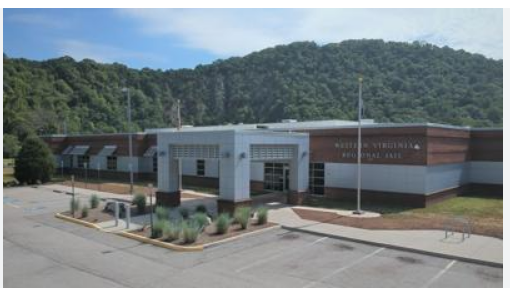West Virginia’s Homeland Security Inspector General, Mike Honaker, is taking a hands-on approach to address concerns about the conditions in the state’s jails. Prompted by a letter from the House Jails and Prisons Committee, Honaker has initiated unannounced visits to facilities, engaging in comprehensive inspections by spending long days talking with workers and inmates.
Delegate David Kelly’s Call for Change: Crisis in West Virginia’s Jails
The House Jails and Prisons Committee, under the leadership of Delegate David Kelly, expressed apprehensions regarding recent allegations involving correctional officers and the ongoing State of Emergency due to staffing shortages in jails and prisons. In November, Kelly called for an independent investigation into various aspects, including conditions, staffing, maintenance, the grievance process, use of force, and overall compliance with state and federal mandates.
In August, Honaker, a former Marine and state trooper, assumed the role of Homeland Security Inspector General. His hands-on approach involves unannounced visits to facilities, bypassing the conventional procedures of making official announcements. He personally selects inmates and employees to interview, aiming for a more candid and unfiltered understanding of the situation.
Concerns over West Virginia’s Jail Conditions
The conditions in West Virginia’s jails have sparked widespread concern, with issues ranging from overcrowding to alarming death rates. A class-action lawsuit has shed light on the overcrowded facilities, while a staggering 100 deaths have been reported in the state’s jails over the past decade, with 25 of them occurring at the Southern Regional Jail in the last five years.
The Homeland Security Inspector General has launched thorough inspections, delving into various aspects of jail facilities. From lunch offerings to medical equipment, Honaker is leaving no stone unturned. He is also conducting interviews with both inmates and staff to gain comprehensive insights into the conditions within West Virginia’s jails.

His inspections, which began in December, are expected to continue into the spring. The Homeland Security Inspector General aims to provide a comprehensive report of his findings to the Governor’s Office, shedding light on the existing challenges and potential areas for improvement.
Challenges and Positive Cooperation
Despite the challenges faced during the inspections, Honaker has noted positive cooperation from facility superintendents. The willingness of these superintendents to welcome the Homeland Security Inspector General into their facilities showcases an openness to scrutiny and a commitment to transparency.
While the investigations are still ongoing, it is evident that Honaker’s approach is geared towards bringing transparency and addressing concerns surrounding West Virginia’s jail conditions. His commitment to understanding the intricacies of the situation, coupled with unannounced visits and candid interviews, reflects a dedication to ensuring the safety and well-being of inmates and addressing systemic issues within the state’s correctional facilities.
Read More:
- Tax Cut Package: A Potential Windfall for Eligible Americans in Bipartisan Agreement
- The Oglala Sioux Tribe’s Legal Battle for Enhanced Law Enforcement
- Who is supplying NYC’s illegal weed shops?
As West Virginia grapples with concerns over jail conditions, the proactive measures taken by Homeland Security Inspector General Mike Honaker provide a glimmer of hope for change. The unannounced visits and comprehensive inspections aim to cut through bureaucratic red tape, offering a real-time understanding of the challenges faced by both inmates and staff. The forthcoming report will likely serve as a crucial document in shaping policies and reforms to improve the state of West Virginia’s jails. The ongoing commitment to transparency and accountability signals a step in the right direction for addressing systemic issues within the state’s correctional system.

